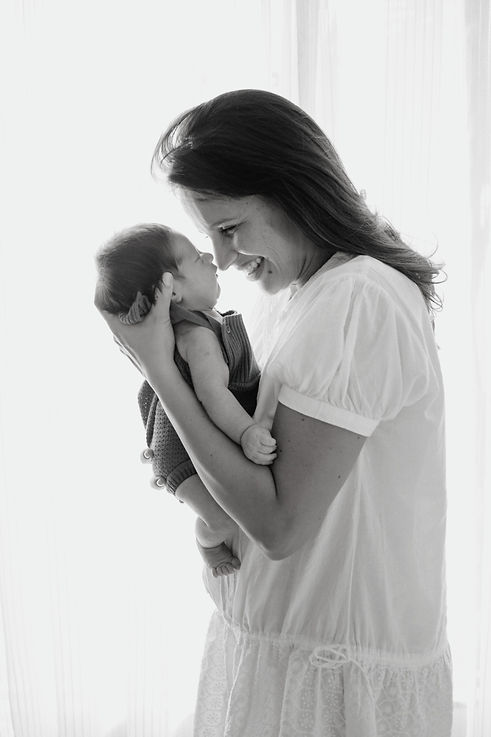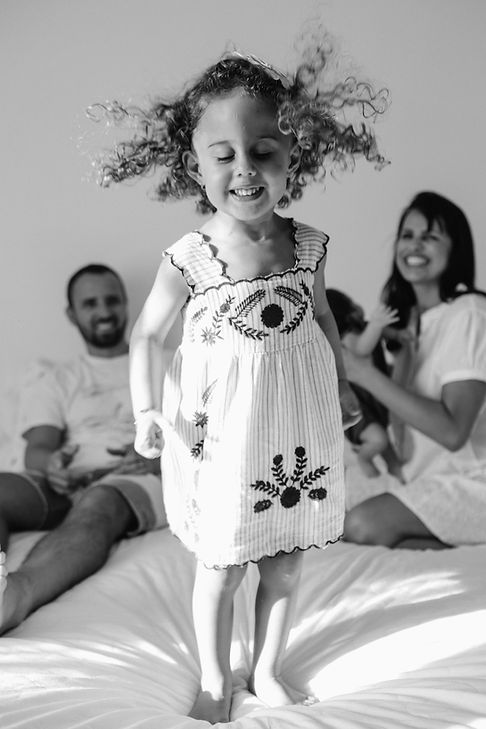Your Options
Before you make a decision you can't change, stop. Consider that you have options available to you. It is important to understand all your choices before you make a commitment. If parenting seems like a choice you are not ready for, adoption may be the answer. PCCOB will work with you to provide accurate information and assist you in making the best choice for you!

Abortion
Abortion is your choice – you can change your mind at any time before the procedure starts. No one has the right to pressure you to terminate your pregnancy!
If you are considering abortion, having your pregnancy confirmed is required. An ultrasound can tell if the baby has a heartbeat and how far along you are. The age of your pregnancy determines the type of abortion you may be eligible for and where you can and can't receive it.
Every medical procedure, including abortion, carries the risk of complications. You have the legal right to be fully informed before giving consent. You also have the right to:
-
Get an explanation of the abortion procedures available
-
Assess the risks and side effects, and
-
Learn about other options for your pregnancy.
THINGS TO ASK THE ABORTION PROVIDER:
-
Ask if the abortion doctor has admitting privileges to a hospital nearby should you have an emergency. Make sure the clinic has a plan to provide any follow-up or emergency care, should complications arise during or after the procedure.
-
Ask for the name of the doctor in charge and if the doctor is licensed and board-certified.
-
Ask about what to expect during the procedure.
-
Ask what feelings can you expect after the abortion. Many women experience initial relief, but months and even years later, some struggle with their decision. If this is you, please schedule an appointment to speak with one of our SaveOne Advocates
Parenting
If you are pregnant and unsure if you can raise a child, you're not alone. Many women become pregnant and feel like they aren't ready to become a mother. While no one can make the decision to become a parent for you, there are many resources available to help you become the best parent you can be!
STEP 1: CONSIDER YOUR FINANCIAL SITUATION.
Financial instability is often one of the main reasons women facing an unplanned pregnancy are unsure if they are ready to be a parent. Fortunately, there are many financial resources available to assist parents. The Woman, Infants, and Children (WIC) Program and Medicaid can help relieve some of the financial strain for food and healthcare. Plus, PCCOB offers programs that can help you obtain diapers, wipes, and baby/toddler essentials to help lessen the financial strain.
STEP 2: CONSIDER YOUR SUPPORT SYSTEM.
Some women are not in long-term relationships and feel like being a single parent would be too difficult. The reality is that having a male role model in a child's life is extremely valuable. However, having caring, supportive people in the life of you and your child is the most important consideration. Again, there are resources to help you not feel so alone!
STEP 3: CONSIDER THE TIME COMMITMENT.
Are you in school or do you have a demanding job? Is your plate full? When you have multiple things all competing for your time, you may wonder if you have time to care for a baby. Consider the time involved in being a parent when considering your choices. Ask yourself:
-
Will I have time and energy to be the attachment figure my baby needs during the most influential time in his or her life?
-
Will my child be my top priority?
-
Should I keep my baby, even if it means putting my own plans on hold?
STEP 4: CONSIDER YOUR OWN READINESS.
When you’re faced with an unplanned pregnancy, it is the most important question of all to ask yourself: “Am I ready to be a parent?” There can be many reasons the answer may be "no" and that's ok! Only you can decide what is best for you and your baby. Just know that there are numerous other families who would love to adopt your child and give them the loving, stable home they need. PCCOB can help you understand what adoption looks like and even how you can remain involved in the life of your child without all the pressures and responsibilities parenting bring. You have options other than abortion.
Our job at PCCOB is to help you understand the options you have in a non-stressful, supportive atmosphere where you are treated with dignity and respect.
We are here to support you through every step of your pregnancy and early parenting journey!


Adoption
FREQUENTLY ASKED QUESTIONS ABOUT ADOPTION
We often hear from expectant mothers that they cannot imagine "giving" their baby to someone else. While this is understandable, choosing to consider adoption is choosing to give your baby life!
At PCCOB, we can connect you with agencies that embrace you and your desires for your child! You can be as involved with your child as you want to be. You control the entire process and can even change your mind and keep your baby if you so decide. For more information review some common questions below:
1) Is adoption the right choice for me?
Only you know if you are ready to be a full time parent. Even if you aren't, you can still give your baby the gift of life by choosing adoption. You can plan for your baby’s future by selecting a stable, loving family to care for your baby.
2) Can I choose a family for my baby?
Yes! Most agencies have many different families you can choose from. These families have undergone extensive screening and training before being approved. The agency counselor will discuss how the selection process works and walk you through selecting the best choice for your child.
3) How much contact can I have with my baby after birth and after adoption?
When planning your child’s adoption, you can choose an open-adoption plan that allows ongoing visits with your child, or you can choose a less open adoption that keeps you informed about your child’s progress through letters and photos. Adoptive families respect your need to know that your child is loved and happy. If you prefer not to have any contact with your child or the adoptive family, confidential-adoption plans are also possible.
4) How soon after birth can my baby go to the parents I choose?
The timing of your child’s placement depends on three factors:
-
Your preference for the time of placement
-
Legal aspects of adoption, which may vary from state to state
-
The cooperation of the birthfather
Many birthmothers want their baby placed with the adoptive family directly from the hospital. Some women prefer to place their baby in temporary care while they consider their adoption decision. Your agency can help with either option.
5) How much will my child know about me?
That depends on what type of adoption you choose – open, semi-open, or confidential. You may choose only to share important family medical history or may select to be involved in the life of your child allowing them to get to know you. You are the one to decide but your adoption counselor can explain all the options available to help you pick the best one for you and your child.
6) Does the birthfather have any rights?
Both you and the birthfather have rights. If you disagree about adoption or you no longer have a relationship with him, your agency will work with the birthfather and/or the courts to determine if his rights can be terminated.
7) Can my child find me if he/she wants to search someday?
The laws in your state determine when and how your child may have access to information in the adoption file. Your caseworker will explain the current laws as they apply to your adoption plan.
8) How can I be sure my child will be well cared for?
Adoptive families approved by your agency must meet standards that are shared with you. Your agency will make every attempt to complete a thorough assessment of potential adoptive families. Prior to finalizing the adoption, a caseworker will make home visits to ensure the child’s well-being. In an open adoption, you will see for yourself how well your child is cared for and how much your child is loved.
9) Do I need an attorney or do I pay my agency to assist me with the adoption?
In most states, you do not need an attorney and there are no costs to you. The adoption agency will handle all of the legal details for you and the birthfather.
10) Does the agency offer assistance with medical and living expenses while I am making an adoption plan?
Assistance with medical and living expenses is available through many agencies. For details about how your agency can help you in your particular circumstances, contact a caseworker.
*Bethany Christian Services. 10 Questions Expectant Mothers Ask About Adoption, MD.118.BRO.2968 8.06
